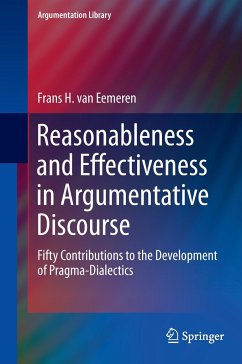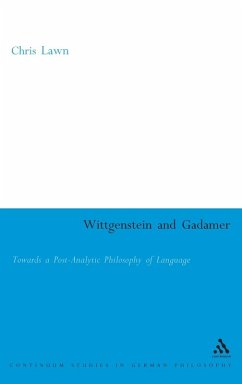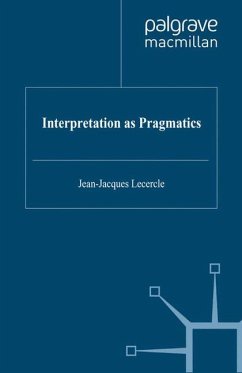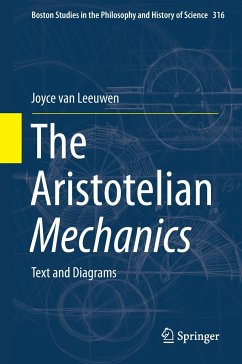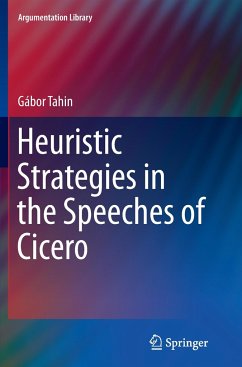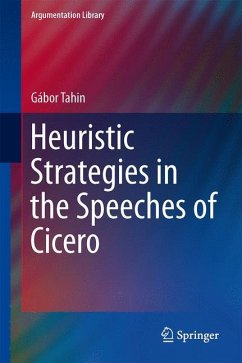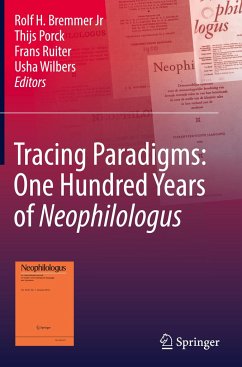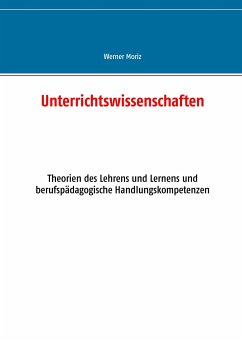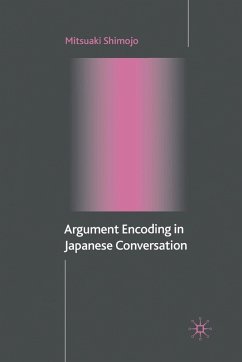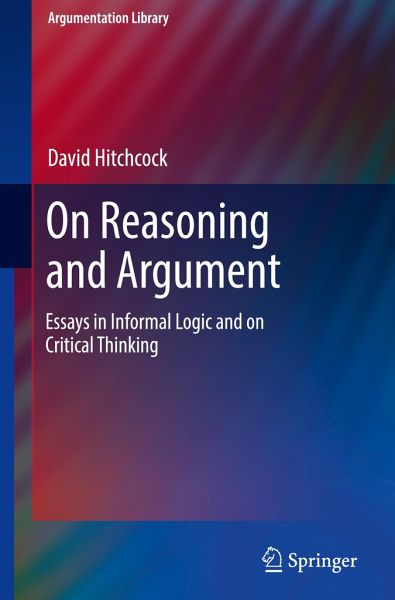
On Reasoning and Argument
Essays in Informal Logic and on Critical Thinking
Versandkostenfrei!
Versandfertig in 6-10 Tagen
115,99 €
inkl. MwSt.
Weitere Ausgaben:

PAYBACK Punkte
58 °P sammeln!
This book brings together in one place David Hitchcock's most significant published articles on reasoning and argument. In seven new chapters he updates his thinking in the light of subsequent scholarship. Collectively, the papers articulate a distinctive position in the philosophy of argumentation.Among other things, the author:-develops an account of "material consequence" that permits evaluation of inferences without problematic postulation of unstated premises.-updates his recursive definition of argument that accommodates chaining and embedding of arguments and allows any type of illocuti...
This book brings together in one place David Hitchcock's most significant published articles on reasoning and argument. In seven new chapters he updates his thinking in the light of subsequent scholarship. Collectively, the papers articulate a distinctive position in the philosophy of argumentation.
Among other things, the author:-develops an account of "material consequence" that permits evaluation of inferences without problematic postulation of unstated premises.-updates his recursive definition of argument that accommodates chaining and embedding of arguments and allows any type of illocutionary act to be a conclusion. -advances a general theory of relevance.-provides comprehensive frameworks for evaluating inferences in reasoning by analogy, means-end reasoning, and appeals to considerations or criteria.-argues that none of the forms of arguing ad hominem is a fallacy.-describes proven methods of teaching critical thinking effectively.
Among other things, the author:-develops an account of "material consequence" that permits evaluation of inferences without problematic postulation of unstated premises.-updates his recursive definition of argument that accommodates chaining and embedding of arguments and allows any type of illocutionary act to be a conclusion. -advances a general theory of relevance.-provides comprehensive frameworks for evaluating inferences in reasoning by analogy, means-end reasoning, and appeals to considerations or criteria.-argues that none of the forms of arguing ad hominem is a fallacy.-describes proven methods of teaching critical thinking effectively.



